
Trauma
Late-diagnosis of autism is creating a mental health crisis
Late-diagnosis of autism may be driving a mental health crisis that could cost lives. Is it possible to mitigate this effect?

Trauma
Late-diagnosis of autism may be driving a mental health crisis that could cost lives. Is it possible to mitigate this effect?
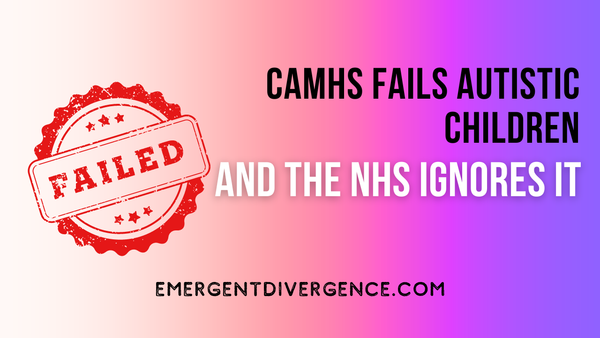
Neurodiversity
Every day, it seems, brings new heartbreaking stories of autistic children failed by Child and Adolescent Mental Health Services (CAMHS). It's no secret – devastating reports clearly show the system is broken. Yet, those in power – the NHS, the government – turn a blind eye, leaving a generation of

Autism
Child and Adolescent Mental Health Services (CAMHS) have been a focus of mine for quite some time now. I have talked about how they failed me, and how they are still failing Autistic children and young people over 15 years later. I have highlighted the fact that our government are aware of their fai
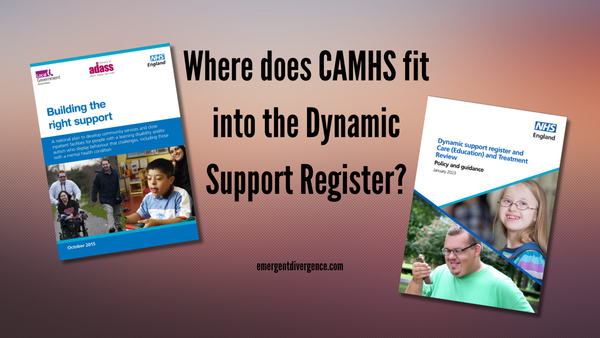
Mental Health Treatment Rights
The Dynamic Support Register (DSR) aims to reduce inpatient admissions for Autistic and Learning Disabled individuals through risk identification and coordinated support. Despite the promise of meaningful everyday lives and person-centered care, there are concerns about CAMHS' (Child and Adolescent
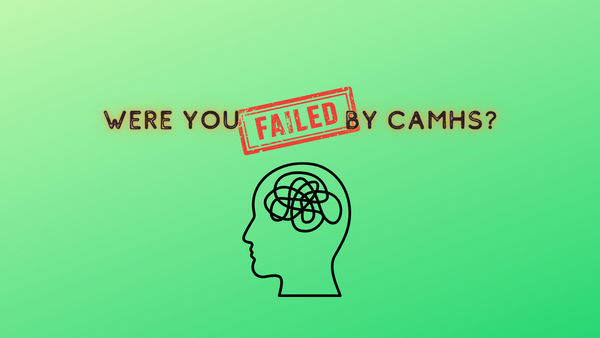
Neurodiversity
Child and Adolescent Mental Health Services (CAMHS) focus on improving the mental health of children and young people but often fail to support Autistic individuals. This leads to high rates of mental health issues and su*cide in Autistic adults. CAMHS failures create a burden on adult mental health
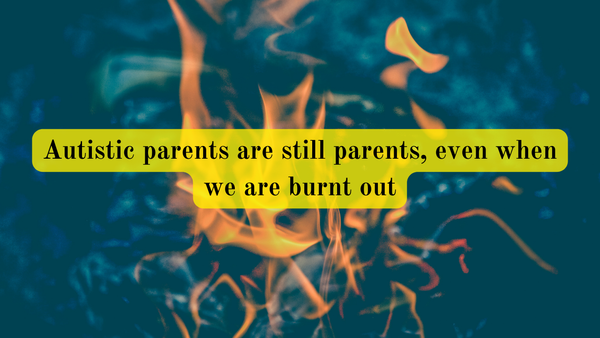
disability
Adulting is hard enough, parenting is hard enough. Together they come with a number of considerations for how we can be effective in our role as Autistic parents. In particular, we have to consider the impact of Autistic burnout, which can have a significant effect on not just us, but also our famil
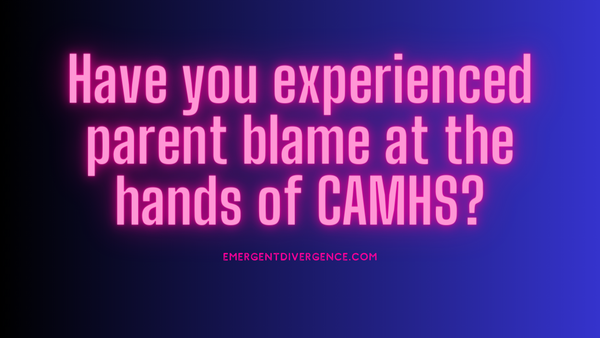
disability
The impact of CAMHS failures extends beyond autistic children to their families. Parent carer blame, deeply rooted in history, is perpetuated by neoliberal ideology and institutional practices, leading to distrust and vilification of parents. CAMHS exacerbates this blame, causing detrimental effects
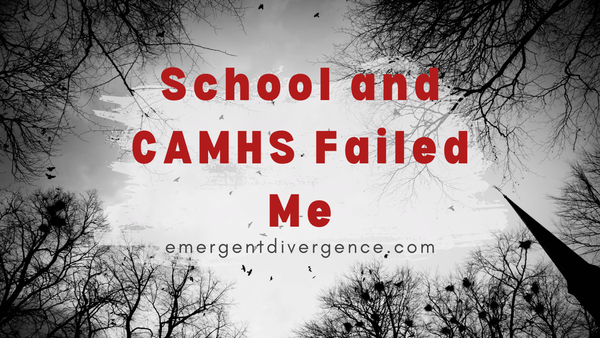
Trauma
This article delves into the persistent challenges faced by Autistic individuals in the UK, particularly in the domains of education and mental health. It highlights the shortcomings of the Special Educational Needs and Disabilities provision and the inadequacy of Child and Adolescent Mental Health
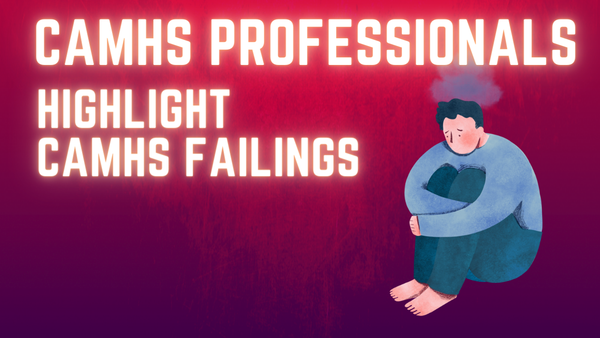
disability
I have talked extensively of the failures of CAMHS (Child and Adolescent Mental Health Services) to support Autistic young people. There have been a great number of tragedies at the hands of a service that is not fit for purpose. I have explored my own experiences, parliamentary evidence, research, and
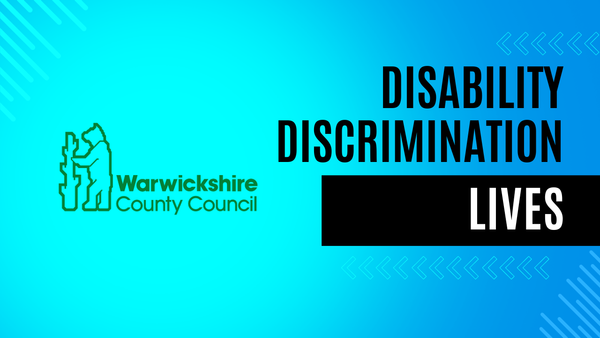
disability
The UK political landscape has been rocked by calls for the resignation of three Tory Councillors due to derogatory comments about disabled children. With 16 million disabled individuals in the UK, the issue of equal treatment is critical. Legal protection exists, but negative attitudes persist, ref

Society
"Max Sumner, 17, took his own life on 13 May 2022 while he was under the care of Lancashire and South Cumbria NHS Foundation Trust Child and Adolescent Mental Health Service (‘CAMHS’). The Coroner concluded today (23 January 2024) that the care he received by CAMHS contributed to his

Autism
Many Autistic students struggle with school attendance due to trauma from hostile staff attitudes and the school environment. The government's Moments Matter campaign aims to boost attendance, but neglects the trauma issue and lacks focus on students' well-being. Instead of focusing on attendance, r